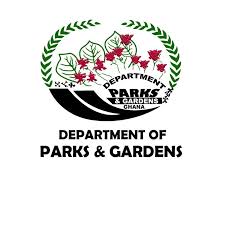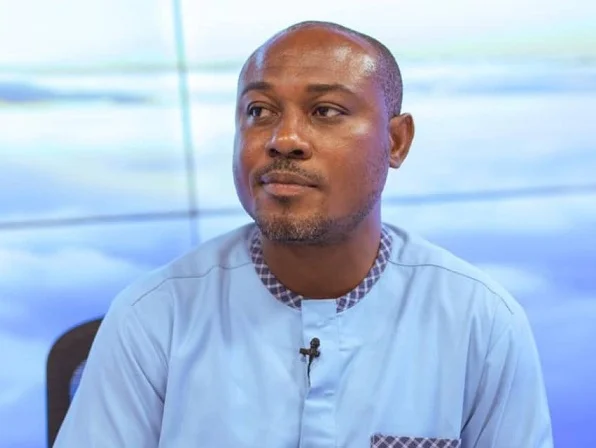Ghana’s parks and gardens are not drains on national resources but powerful potential revenue generators, according to Edem Kojo Doe, Head of Parks and Gardens at the Office of the President.
Speaking on the mandate, structure, and economic promise of the Department of Parks and Gardens, Doe emphasized the critical role green spaces can play if properly invested in and managed.
“According to the act that established the department… we are mandated to make sure that green spaces in every area in Ghana are managed”
Edem Kojo Doe, Head of Parks and Gardens
Tracing the history of the institution, Doe pointed out that Parks and Gardens began as a full ministry under Ghana’s first President, Osagyefo Dr. Kwame Nkrumah, before becoming a department after the first coup.
It has since operated under different ministries and is currently under the Ministry of Local Government, Chieftaincy and Religious Affairs.
He explained that governance structures place the Department of Parks and Gardens within the physical department of every district, municipal, and metropolitan assembly, working alongside Town and Country Planning.
This clear responsibility for managing green spaces extends not only to public parks and gardens but also to encouraging greenery in “individual homes and private spaces.”

Revenue Potential
Doe passionately challenged the misconception that parks and gardens are financial burdens, making a strong case for their economic value.
“Parks and gardens are not consuming avenues but rather revenue generation avenues. So let’s get it clear”
Edem Kojo Doe, Head of Parks and Gardens
Drawing from international experiences, Doe cited examples such as Longwood Gardens in Pennsylvania, United States, which spans 1,100 acres and generates around $10 million annually while attracting over one million visitors.
He also referenced the Atlanta Botanical Gardens, a much smaller 30-acre garden that likewise draws over a million visitors each year and generates millions of dollars in revenue.
“I’ve seen how parks and gardens or gardens or botanical gardens globally are becoming revenue generators for individuals, institutions, and even the government”
Edem Kojo Doe, Head of Parks and Gardens
Doe stressed that similar economic success could be replicated in Ghana if the right investments are made at both the national and local levels.
“When you create parks and gardens – you are making a huge investment. They will accrue and generate revenue for you. Initially, you may think they are consuming a resource or investment, but at the end, what you can accrue from that is a lot”
Edem Kojo Doe, Head of Parks and Gardens
Leadership, Investment, and Responsibility
Turning to investment, Doe made a strong appeal for serious investment in parks and gardens by local authorities. He warned against expecting large returns from minimal investment.

“You don’t put 1 Ghana cedis and expect 1,000,000 Ghana cedis. If you invest 1,000,000, you can expect 1,000,000,” he stated plainly.
He insisted that metropolitan, municipal, and district assemblies have a major role to play in developing their local green spaces and should not rely solely on central government interventions.
“Until the assemblies… put across serious intentional investment and say this is what we want to achieve with our department of parks and gardens in each district, we are not going to make a lot of progress going forward”
Edem Kojo Doe, Head of Parks and Gardens
“If we are able to manage our governance structure, we will see Parks and Gardens become active,” Doe affirmed, noting that effective governance structures at the local level could invigorate the Department, making it an active and essential institution in communities across the country.
With the government currently overseeing efforts to strengthen infrastructure and economic diversification in Ghana, the emphasis on parks and gardens as revenue-generating institutions aligns with broader national goals.
As the administration seeks sustainable and locally-driven development, experts like Doe are pushing for green spaces to be recognized not just for their environmental benefits but also for their economic potential.
At a time when urbanization is rising rapidly, and green spaces are shrinking in many parts of the world, Ghana’s commitment to maintaining and investing in parks and gardens could offer a significant model for combining environmental stewardship with economic growth.
READ MORE: Ethiopia Nears IMF Loan Review Deal, Eyes Debt Talks



















